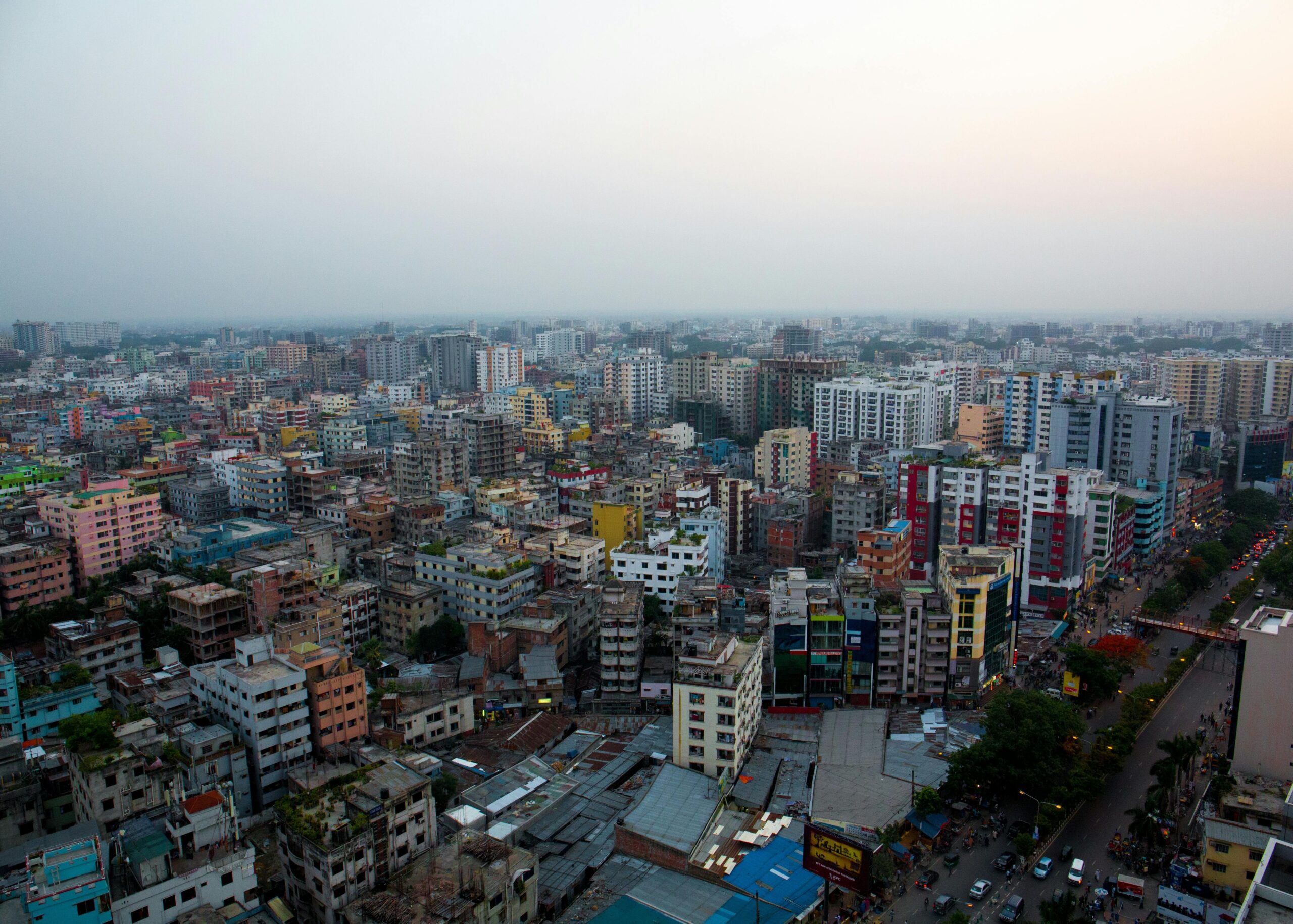Home to the world’s largest delta, the Sundarbans mangrove forest, and some of the most densely populated cities on earth, Bangladesh stands at a fascinating crossroads of tradition and modernization. While the country has made remarkable strides in economic development and global trade partnerships since its independence in 1971, there’s one international framework where Bangladesh’s absence is particularly noteworthy for legal professionals: the Hague Service Convention. This gap in treaty participation creates unique challenges for anyone navigating cross-border litigation with this South Asian nation.
The Hague Service Convention: A Brief Overview
The Convention on the Service Abroad of Judicial and Extrajudicial Documents in Civil or Commercial Matters, commonly known as the Hague Service Convention, was established in 1965. This multilateral treaty aims to simplify and expedite the process of serving legal documents across international borders, providing a standardized mechanism that is both efficient and legally recognized by all member states.
The Convention creates a system where each member country designates a Central Authority responsible for receiving and processing requests for service from other member nations. This eliminates the need for diplomatic channels in most cases, significantly reducing delays and complications.
Bangladesh’s Status: Non-Member
Currently, Bangladesh is not a contracting party to the Hague Service Convention. This means that the streamlined procedures provided by the Convention are not available when serving documents in Bangladesh or when Bangladesh seeks to serve documents in other countries.
While there is no single official explanation for Bangladesh’s non-participation in the Hague Service Convention, several factors likely contribute to this decision. Bangladesh, like many developing nations with limited judicial resources, may be concerned about the administrative burden of establishing and maintaining a Central Authority as required by the Convention. There are also likely sovereignty considerations, as the country’s legal system is still evolving since independence and may prioritize maintaining complete control over judicial procedures within its borders. Additionally, Bangladesh has historically been selective about which international conventions it joins, focusing primarily on treaties directly related to economic development, human rights, and environmental issues rather than procedural legal frameworks. The relative newness of Bangladesh’s significant international commercial relationships may also mean that the practical pressures to streamline cross-border legal procedures have not yet reached a critical threshold that would motivate accession to the Convention.
Implications for International Legal Proceedings
The absence of Bangladesh from the Convention has several practical implications:
- Complex Service Procedures: Without the Convention’s framework, serving documents in Bangladesh typically requires working through diplomatic channels, which can be more time-consuming and bureaucratically complex.
- Increased Costs: The alternative procedures often incur higher costs due to additional translation requirements, local agent fees, and extended timeframes.
- Legal Uncertainty: Service outside the Convention framework may create additional grounds for challenging the validity of service, potentially complicating subsequent enforcement of judgments.
- Case-by-Case Approach: Legal practitioners must develop country-specific knowledge about Bangladesh’s domestic requirements for accepting foreign legal documents.
Current Methods for Serving Documents in Bangladesh
In the absence of Hague Convention procedures, serving legal documents in Bangladesh typically involves:
- Diplomatic Channels: Documents are transmitted through embassies and consulates, following formal diplomatic protocols.
- Letters Rogatory: Formal requests from a court in one country to a court in Bangladesh asking for assistance in performing a judicial act.
- Bilateral Agreements: Some countries have established specific bilateral agreements with Bangladesh that govern document service.
- Local Agents: Hiring local legal representatives in Bangladesh who can serve documents according to domestic procedural rules.
Practical Challenges in Serving Documents in Bangladesh
Attempting to serve legal documents in Bangladesh presents several unique challenges that practitioners should be prepared to address:
Geographic and Infrastructure Barriers
Bangladesh’s geography creates notable service difficulties. Rural areas, especially in the flood-prone regions and the numerous river islands (chars), present significant accessibility challenges. During monsoon season (June to October), flooding can make certain regions effectively unreachable, delaying service attempts for months. Even in urban areas, address systems can be informal or inconsistent, complicating the process of locating specific individuals or businesses.
Consider consulting with Bangladeshi legal counsel or a specialized Process Server Bangladesh familiar with local procedures and regional nuances.
Language and Translation Requirements
While Bengali (Bangla) is the official language, legal documents must often be translated into English for court proceedings. Finding certified translators who can accurately render specialized legal terminology from various languages into both Bengali and English adds another layer of complexity and expense. Documentation without proper translation may be rejected, requiring repetition of the entire process.
Bureaucratic Processes and Timeframes
The Bangladeshi legal system, while functional, faces significant backlogs and procedural delays. Service through official channels typically encounters:
- Multiple Verification Steps: Documents must pass through numerous administrative checkpoints, each potentially adding weeks to the process.
- Manual Processing Systems: Despite digitization efforts, many court and administrative procedures still rely on paper-based systems, slowing document transmission.
- Staffing Limitations: Limited personnel assigned to international legal matters often means requests are processed sequentially rather than in parallel.
These factors combined can extend the service timeline to 8-12 months in some cases, compared to the 2-4 months typical in Hague Convention member countries.
Authentication Requirements
Bangladesh maintains strict requirements for document authentication. Foreign documents generally require:
- Notarization in the country of origin
- Authentication by the foreign ministry or equivalent authority
- Legalization by the Bangladeshi embassy or consulate in the sending country
- Additional certification by the Ministry of Foreign Affairs in Bangladesh
Missing any step in this chain can invalidate the entire procedure, requiring a restart of the process.
Informal Power Structures and Access
In some instances, particularly in commercial disputes, local power dynamics can affect service outcomes. Without established Convention protocols, the effectiveness of service may depend on navigating relationships with local officials or business networks. This creates unpredictability that legal professionals from rule-bound systems find particularly challenging to manage.
Work with an experienced Process Server Bangladesh professional who can help ensure your service is both effective and defensible in court.
Case Study: Commercial Dispute Resolution Delays
A 2023 survey of international commercial arbitration practitioners found that cases involving Bangladeshi entities faced an average delay of 7.8 months solely due to service complications, compared to similar cases involving only Hague Convention member countries. This delay directly impacts business relationships and dispute resolution timeframes, creating additional uncertainty for companies engaged in trade with Bangladesh.
Bangladesh’s Legal System and International Relations
Bangladesh operates under a common law system, inherited from its British colonial past. While the country has shown increasing engagement with international legal frameworks in recent decades, it has been selective about which conventions it joins, prioritizing those that align with its economic and strategic interests.
The country has experienced significant economic growth in recent years and has expanded its participation in international trade. This economic evolution may eventually lead to greater integration with international legal mechanisms like the Hague Service Convention, particularly as cross-border litigation involving Bangladesh increases.
When you partner with a reputable Process Server in Bangladesh, you’re tapping into local expertise, streamlined service methods, and the peace of mind that comes with knowing your legal documents are delivered correctly and on time.
Future Prospects
Given Bangladesh’s growing international economic importance and the increasing volume of cross-border transactions, there may be practical incentives for the country to consider joining the Hague Service Convention in the future. Membership would potentially benefit both foreign entities doing business with Bangladesh and Bangladeshi entities seeking more efficient legal procedures abroad.
Several promising developments suggest movement in this direction:
- Bangladesh’s judiciary has undertaken modernization initiatives, including court process digitization that could facilitate eventual integration with Convention mechanisms.
- The Bangladesh Investment Development Authority has advocated for streamlining legal procedures affecting international business relationships.
- Legal education programs increasingly include international procedural law components, building expertise that would support Convention implementation.
Until such changes occur, legal practitioners must continue to navigate the more complex procedures currently required, maintaining awareness of both formal diplomatic channels and local procedural requirements.
Work with a professional Process Server Bangladesh team that understands the intricacies of informal service and can get your papers delivered—fast, legally, and without hassle.
Looking Ahead
The absence of Bangladesh from the Hague Service Convention creates additional procedural hurdles for international litigation involving the country. Legal professionals must plan accordingly, allocating additional time and resources for serving documents and ensuring strict compliance with alternative procedures to avoid potential challenges to service validity. Click Here To Submit Your Process Service Assignment Now
As Bangladesh continues its integration into the global economy, monitoring its stance on international legal cooperation mechanisms like the Hague Service Convention remains important for legal practitioners engaged in cross-border matters involving this increasingly significant South Asian nation. The potential benefits of streamlined procedures for Bangladesh’s growing international business sector may eventually outweigh concerns about sovereignty or implementation costs, potentially bringing this important South Asian nation into the Convention framework.
Let us help you move your case forward. Call +1 (800) 845-6093 if you have any questions or fill out our online form and we’ll be in touch with you shortly.
Disclaimer: This article provides general information and should not be construed as legal advice. For specific situations involving international service of process, please consult with qualified legal counsel familiar with both the relevant jurisdictions and current treaty statuses.





